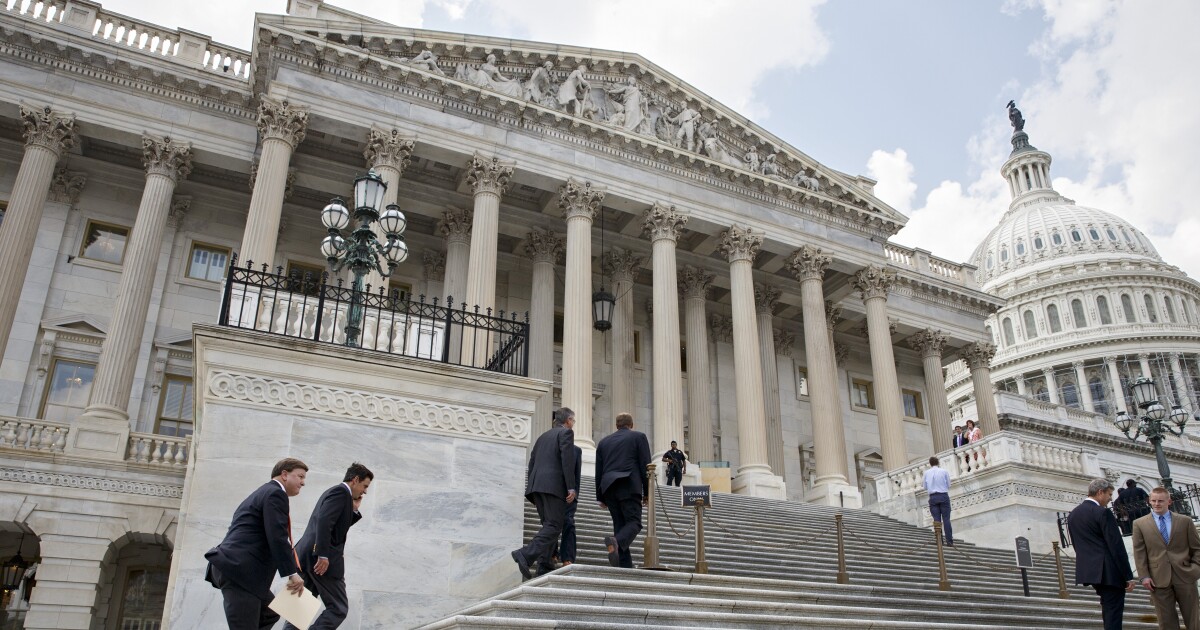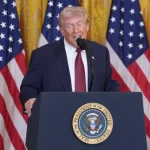

Proponents of legislation challenging Big Tech’s market presence are uncertain if there is enough time in Congress’s lame-duck session to pass anything of substance.
With Congress’s lame-duck session ending in early January, the window is shrinking for lawmakers to pass legislation that would regulate companies like Facebook or Google, or that would implement new privacy regulations. Some lawmakers have sought to enact bills by attaching them to legislation that must pass before the end of the year. Failing to do so would leave the bills in the hands of the upcoming split legislature, where they are less likely to pass.
INDIANA ATTORNEY GENERAL SUES TIKTOK FOR EXPOSING CHILDREN TO ADULT CONTENT
Critics of the reform legislation are gaining confidence that they might run the clock out.
“We’re hopeful that due to the lack of time and consideration Congress can give to properly evaluate the costs of their current progressive antitrust bills, leadership will stop them from being rushed through,” Krista Chavez, Communications Manager for the conservative tech lobbying group NetChoice, told the Washington Examiner.
One of the bills in question is the Journalism Competition and Preservation Act, a bill that would create a four-year exemption under antitrust law to allow news outlets to band together to bargain with media platforms for a larger share of ad revenue in exchange for their news content. Some lawmakers, such as Sen. Jack Reed (D-RI), had attempted to attach a version of the bill to the defense spending bill. Sens. Marsha Blackburn (R-TN) and Richard Blumenthal (D-CT) made a similar push to have two children’s privacy bills attached to the defense spending bill as well.
Neither bill made it to the legislation, the text of which was released on Tuesday.
Tech lobbyists and advocacy groups praised the decision not to attach JCPA to defense spending. “The JCPA was a bad bill that would have further entrenched Big Tech and Big Media conglomerates and help Alden Capital and Sinclair, not journalists. It’s good that it was taken out of the must-pass NDAA,” Fight For The Future Director Evan Greer said in a press statement.
Other major anti-tech bills have lingered in limbo for months, including the American Innovation and Choice Act and the Open App Markets Act. The first bill would allow federal antitrust agencies to issue civil penalties against companies like Amazon and Google for unfairly preferencing their products on their platforms, while the second would force app store managers, most notably Google and Apple, to allow users to download apps from third-party sources.
While leaders like Sen. Amy Klobuchar (D-MN) and Senate Majority Leader Chuck Schumer (D-NY) have claimed they had the necessary votes for AICOA, there have been no motions to take it to the floor.
CLICK HERE TO READ MORE FROM THE WASHINGTON EXAMINER
Proponents could attempt to attach any of the tech-related bills to the omnibus spending bill in the next week, but it is uncertain.
A split Congress may slow any future efforts to pass tech legislation. The Republican-controlled House is expected to focus on hearings regarding Big Tech and content moderation rather than the passage of antitrust legislation. However, the 51-49 Democratic split in the Senate may improve the odds of legislation being passed there.







